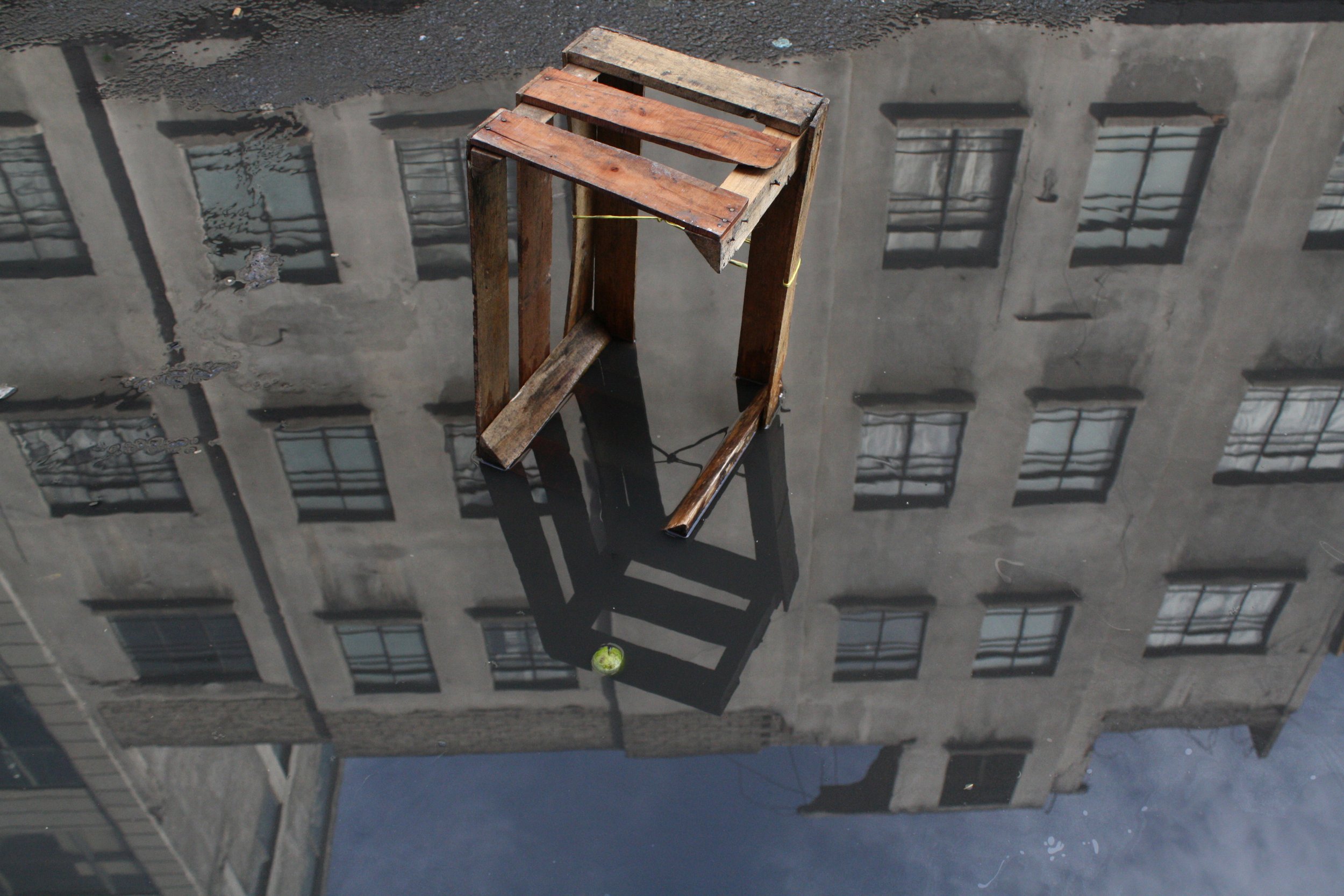NADIA TECUAPETLA
All rights reserved ©Nadia Tecuapetla
She was born in Mexico City, where she lives and develops much of her work. She was trained as a journalist at the National Autonomous University of Mexico. Later she attended photography workshops at the Fábrica de Artes y Oficios de Oriente. Her images go from documentation for social purposes to street photography, an unusual place of encounters and experiences that fuel her search. She has collaborated in projects and exhibitions of an academic and institutional nature, national and international media.
“Photography is a resource that I use to explore the world, as well as to get closer to others. A starting point to reflect on the out there, on practices and experiences that intersect in the social space and will transcend through time. I like to focus on 'ordinary' stories.”
When and where did you start photographing?
NT: I started with photography workshops around 2008. Although I had been attracted to it from an early age and looked with curiosity at the portraits hanging on family walls and albums, as they reminded me of the lives captured there, time and representations .
Who/ Whom has been the reference of your photography?
NT: My first references come from the encounter with family, old or historical photos, even made by people not trained in an art school. Some believe that art is only made by artists, but from my perspective anyone has the ability to represent or express their environment in a unique and fascinating way, I believe that these expressions or representations also have their own richness, beyond canons aesthetic.
From then on, there have been many photographers who motivate me, such as the work of women and their sensitivity to do so and Latin American photographers, portraying a closer and emerging reality. From then on, there have been many photographers who motivate me, such as the work of women and their sensitivity to do so and Latin American photographers, portraying a closer and emerging reality. Sometimes I think it is necessary to distance certain learnings and consider issues that are not exclusively photographic.
What do you want to communicate through your photographs?
NT: It depends on the situation I am facing. Photographing became a link that I established between life and myself, and I return to the photographic process, fragments and traces of that life and of others. I am interested in the world and the other, because I discover who I am and multiple existences.
What does street and documentary photography mean to you?
NT: Street photography represents the possibility of letting myself be surprised by what happens in front of the camera. Also to get closer to others, thanks to street photography I was able to develop a greater affinity towards those who face it. I like the street because I can see beyond myself and my limitations. The street is the meeting place for 'ordinary' inhabitants, who reproduce everyday life marked by the routine of the structures in which we live, sometimes yearning to do it in the best possible way and triggering sometimes inadvertent resistance.
Documentary photography requires a certain responsibility and carries an impact. I try to ensure that the images made with this objective transcend stigmas reproduced in news and newspapers and decompose imaginaries that seek to annul identities seen in an insignificant way.
How are your life experiences reflected in the subjects we see in your photographs?
NT: The symbolisms in my photographs are a resource to try to express what is not easy for me to understand and are related to the endless possibilities that make up human existence. In the search, likes, dislikes, desires, fears or what is worth highlighting such as love, persistence and tenderness.
All rights reserved ©Nadia Tecuapetla











